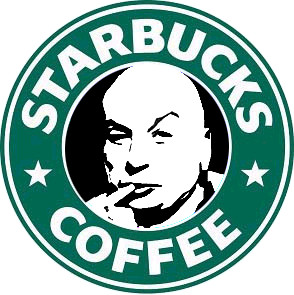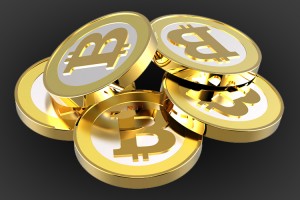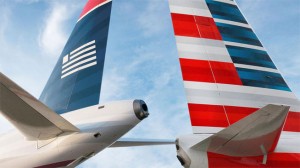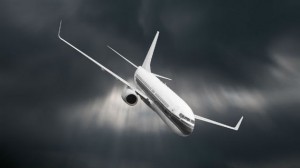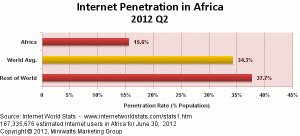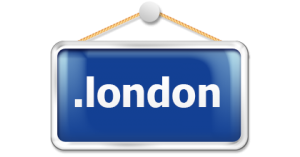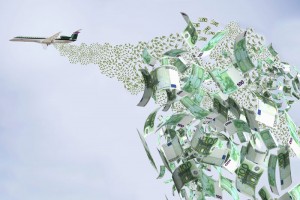
Chris Sorensen posted in Maclean’s Business Blog last Thursday about Sunquest, a Canadian vacation planning company that is focusing its efforts on flights in the United States.
Sorensen explains that on average, flight in the U.S. are about 30% cheaper than in Canada, resulting in about five million Canadians traveling to across the border for a cheaper flight each year. These costs are attributed to much higher than average rental fees and taxes on jet fuel.
Sunquest has begun a new strategy to offer flights for Canadians from border cities such as Bellingham, WA and Bufffalo, NY to save customers money. Their packages are estimated to save more than $500 in flight costs.
As long as the high costs of Canadian airports continues (as it is likely to), then so will the practise of Canadians flocking south to catch flights in the United States. Sunquest hopes to capitalize on this mass exodus of Canucks, serving its own interests while also protecting Canadians at home.

